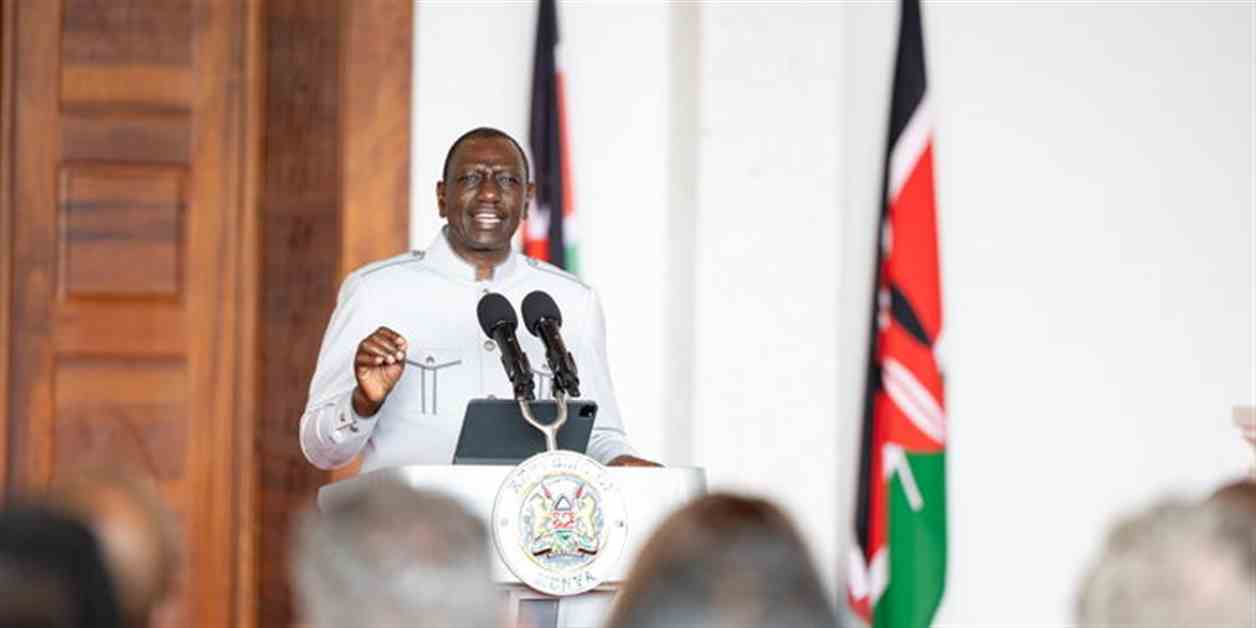The international negotiating body led by the OECD has provided further clarification on the rules surrounding the global minimum tax. This tax applies to deferred tax and securitization, aiming to ensure that multinational corporations pay their fair share of taxes.
The global minimum tax is part of a broader effort to reform corporate tax laws and prevent profit shifting to low-tax jurisdictions. By setting a minimum tax rate, countries can prevent companies from exploiting loopholes and avoid paying taxes in the countries where they operate.
The OECD’s clarification on the rules surrounding the global minimum tax is essential for countries looking to implement these changes. It provides guidance on how the tax should be applied to deferred tax and securitization, two areas that are often used by multinational corporations to reduce their tax burden.
Implementing a global minimum tax is a complex process that requires coordination between countries. The OECD is playing a crucial role in facilitating these negotiations and ensuring that the rules are clear and effective.
In addition to the rules on deferred tax and securitization, the OECD is also working on other aspects of the global minimum tax, such as the calculation of the minimum tax rate and the implementation of enforcement mechanisms. These efforts are crucial for the success of the global minimum tax and will help ensure that multinational corporations pay their fair share of taxes.
Overall, the clarification provided by the OECD on the rules surrounding the global minimum tax is a significant step towards ensuring tax fairness and preventing tax avoidance by multinational corporations. By setting clear rules and guidelines, countries can work together to create a more equitable tax system that benefits everyone.









